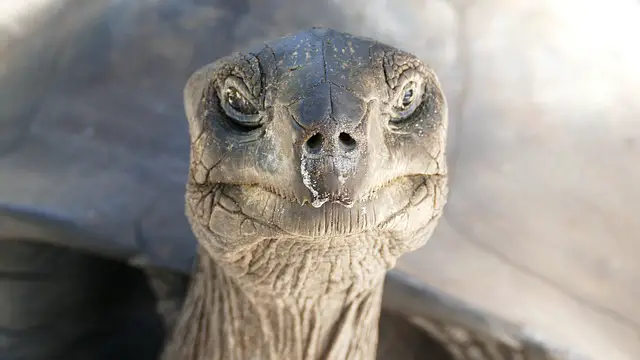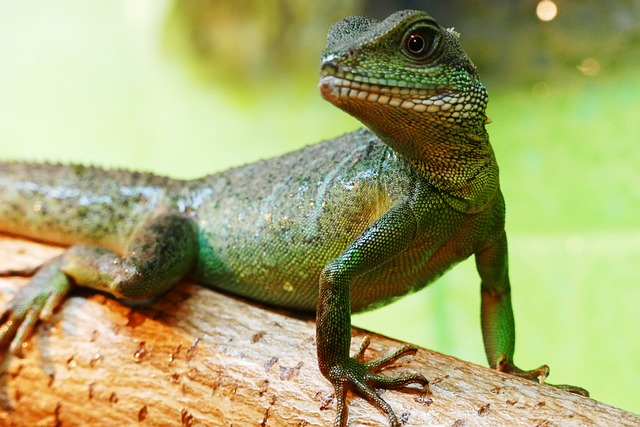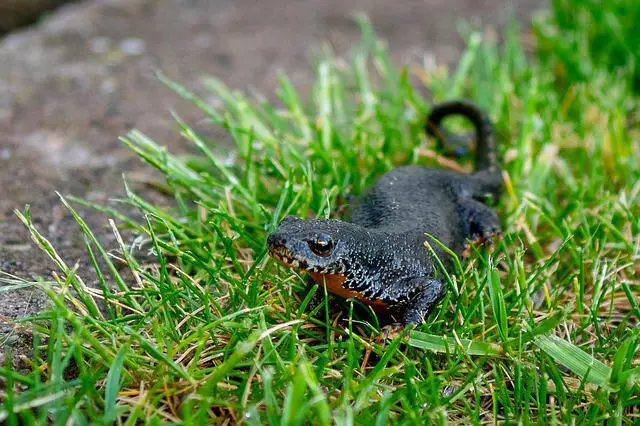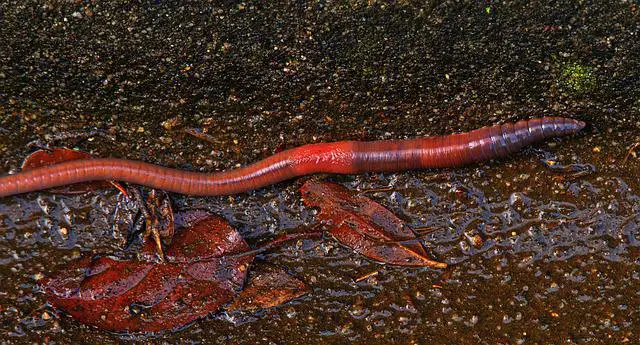Tortoises are fascinating creatures that make great pets for many people. However, sometimes their behavior can be confusing to their owners.
One common behavior that can leave owners scratching their heads is when their tortoise keeps opening its mouth. This behavior can be concerning, but there are several reasons why a tortoise might do this.
One reason a tortoise might open its mouth is to regulate its temperature. Tortoises are cold-blooded animals, relying on their environment to regulate their body temperature.
By opening their mouth, they can increase the flow of air over their tongue and mouth, which helps to cool them down. This behavior is widespread in tortoises kept in warm environments or exposed to direct sunlight.
Another reason a tortoise might open its mouth is to help with digestion. Tortoises have a unique way of chewing their food, using their powerful jaw muscles to crush and grind it.
By opening their mouth, they can increase the air they take in, which helps to break down their food more efficiently.
This behavior is widespread in tortoises fed a diet high in fiber, such as hay or grass.
Possible Causes
When a tortoise opens its mouth frequently, it indicates that something might be wrong. Here are some possible causes:
Respiratory Infection
Respiratory infections are common in tortoises and can cause them to open their mouths frequently. Bacteria, viruses, or fungi can cause this infection.
Symptoms of respiratory infection include wheezing, coughing, and runny nose. It is best to take the tortoise to a veterinarian for treatment.
Overheating or Dehydration
Tortoises regulate their body temperature by basking in the sun. However, if the temperature is too high, they can overheat, causing them to open their mouths to cool down.
Dehydration can also cause tortoises to open their mouths. Tortoises should always have access to clean water and shade.
Stress or Anxiety
Stress and anxiety can cause tortoises to open their mouths frequently. This can be caused by changes in their environment, such as a new enclosure or a new owner. Tortoises should be given time to adjust to any changes in their environment.
In conclusion, there are various reasons why a tortoise might open its mouth frequently. Observing the tortoise’s behavior and taking appropriate action if necessary is essential.
Behavioral Aspects
Tortoises are fascinating creatures with unique behavioral patterns. One of the most common behaviors owners may notice is their tortoise opening their mouths.
This behavior can signify various things, including basking, thermoregulation, communication, socialization, digestion, and regurgitation.
Basking and Thermoregulation
Tortoises are ectothermic, which means they rely on external heat sources to regulate their body temperature. Basking is a common behavior where tortoises expose themselves to direct sunlight to warm up their bodies.
During this process, tortoises may open their mouths to regulate their body temperature by panting, which helps them dissipate heat.
Communication and Socialization
Tortoises are social animals and use various forms of communication to interact with each other. Opening their mouths is one of the ways they communicate with other tortoises.
This behavior is often seen during courtship, where males may open their mouths to impress females, or during aggressive encounters when they are trying to assert dominance.
Digestion and Regurgitation
Tortoises have a unique digestive system that allows them to break down tough plant material. However, sometimes they struggle to digest certain foods, leading to regurgitation.
Opening their mouths may be a sign of discomfort or pain in the digestive system, and owners should monitor their tortoise’s eating habits and seek veterinary attention if they notice any signs of illness.
In conclusion, opening their mouths is common in tortoises and can have various meanings. Owners should pay close attention to their tortoise’s behavior and seek veterinary attention if they notice any signs of illness or discomfort.
Prevention and Treatment
Preventing mouth opening in tortoises is much easier than treating it. Here are some ways to prevent your tortoise from opening its mouth excessively:
- Provide a balanced diet: Feed your tortoise a diet rich in fiber and calcium. This will help prevent mouth rot and other dental problems.
- Maintain proper humidity levels: Tortoises require a specific humidity level to keep their skin and shells healthy. Make sure the enclosure is not too dry or too humid.
- Keep the enclosure clean: Regularly clean the enclosure to prevent the growth of bacteria and fungi.
- Provide a comfortable environment: Tortoises need a comfortable environment to thrive. Ensure the enclosure is spacious enough for your tortoise to move around and bask.
You may need to seek treatment if your tortoise shows signs of mouth opening. Here are some treatment options:
- Antibiotics: If your tortoise has an infection, antibiotics may be prescribed.
- Surgery: In severe cases, surgery may be necessary to remove infected tissue or repair damage.
- Pain relief: If your tortoise is in pain, your veterinarian may prescribe pain medication to help manage it.
It is essential to seek treatment as soon as possible to prevent the condition from worsening. Regular check-ups with a veterinarian can help catch any potential problems early on.









